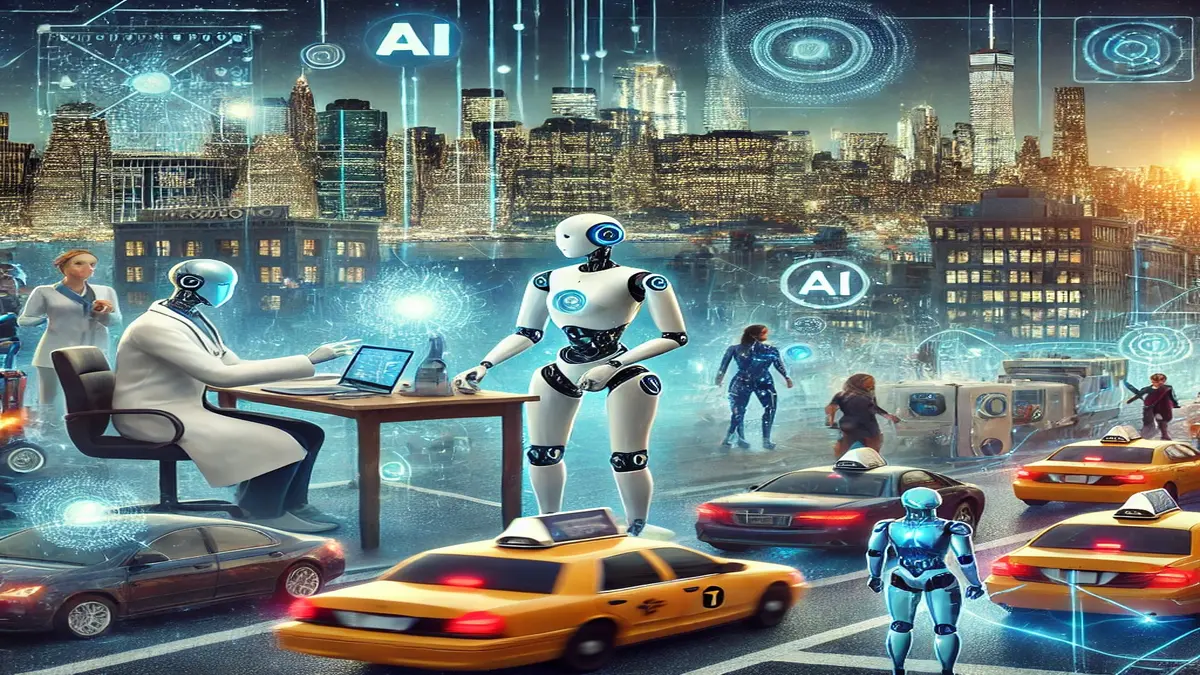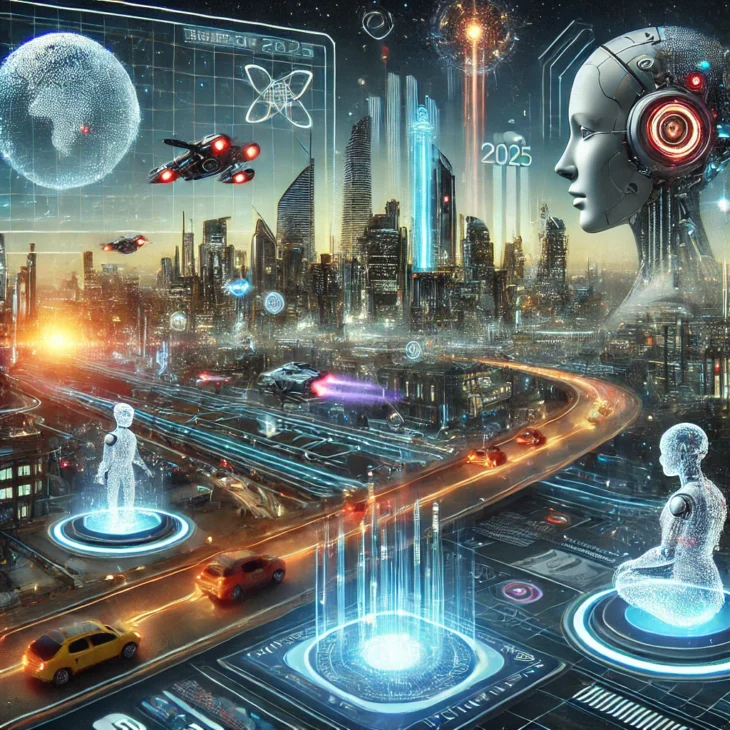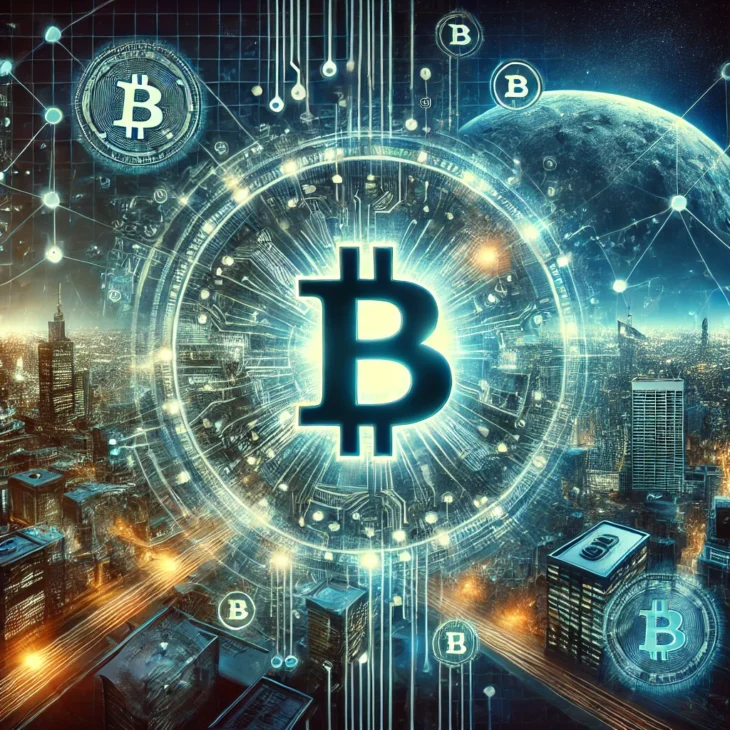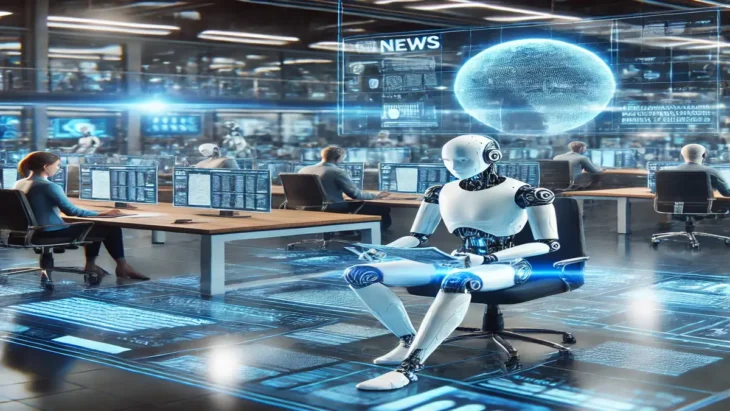Artificial intelligence isn’t coming for NYC’s workforce—it’s already here. From finance to retail, AI is reshaping industries, automating tasks, and forcing workers to adapt. Whether that’s a good or bad thing depends on who you ask. One thing’s for sure: AI is changing the way New Yorkers work. Here’s how.
The AI Boom in NYC
New York City, a global hub for finance, media, healthcare, and tech, is witnessing a significant transformation as AI reshapes these industries. According to a 2024 report by the NYC Economic Development Corporation, AI-related jobs in the city have surged by over 25% in the past five years, driven by major companies investing in automation and machine learning. Notably, some of the Top Entrepreneurs in the AI sector are leading this shift, pioneering innovations that redefine the workforce landscape.
Wall Street: AI-powered algorithms now handle a significant portion of stock trading.
Healthcare: AI is diagnosing diseases faster than ever.
Retail: Automated checkout systems are replacing traditional cashiers.
Creative Industries: AI-generated content is disrupting writing, design, and marketing jobs.
Job Creation vs. Job Loss: Who’s Winning?
The big debate? Whether AI is stealing jobs or creating them. The answer is… both.
Jobs AI is Replacing:
Administrative roles – Data entry, scheduling, and other repetitive tasks are now AI-driven.
Retail & customer service – Chatbots, automated checkouts, and virtual assistants are reducing human roles.
Basic journalism & content writing – AI tools can generate reports, summaries, and marketing copy in seconds.
Jobs AI is Creating:
AI specialists & data scientists – Someone needs to build and maintain these systems.
Cybersecurity experts – With more AI comes greater risk of cyber threats.
Human-AI collaboration managers – Businesses need people who can bridge the gap between AI and human workers.
Creative AI supervisors – AI-generated art and writing still need human refinement.
NYC’s Industries Hit Hardest by AI.
Finance: The Rise of Algorithmic Trading
Wall Street has embraced AI in a big way. High-frequency trading algorithms now execute over 70% of trades, making human traders less essential for routine transactions. While this boosts efficiency, it also reduces the need for junior analysts and traditional traders.
Healthcare: AI as a Doctor’s Assistant, Not a Replacement
NYC’s hospitals are using AI to analyze medical scans, predict patient deterioration, and personalize treatments. While this reduces the workload for doctors and nurses, it’s also cutting down on some traditional clerical roles, like medical transcription.
Retail & Food Service: The Automation Wave
From self-checkout stations to AI-powered food prep in fast-casual restaurants, automation is trimming the need for human cashiers and kitchen staff. But at the same time, businesses need more tech-savvy employees to manage these AI-powered systems.
The Creative Sector: AI is Writing, Designing, and Editing
AI-generated content is booming in NYC’s media and marketing sectors. From automated video edits to AI-written news summaries, companies are using technology to speed up content production. But human creativity still reigns supreme, as AI struggles with nuance, originality, and emotional depth.
The Skills NYC Workers Need to Stay Competitive
With AI transforming industries, NYC’s workforce must adapt or get left behind. The best way to future-proof your career? Focus on skills that AI can’t easily replace.
Critical Thinking & Problem-Solving: AI can process data, but it still struggles with human judgment.
Emotional Intelligence: Customer service and leadership roles still require a human touch.
Technical Skills: Even if you’re not a programmer, understanding AI basics can help in any job.
Creativity & Adaptability: AI can generate content, but it’s still humans who innovate.
NYC’s Response: Training & Education Initiatives
To help workers keep up, NYC is investing in AI education and workforce training. Programs like NYC Tech Talent Pipeline and partnerships with local universities are offering courses on AI literacy, machine learning, and cybersecurity.
CUNY (City University of New York) now offers AI-focused degrees and certifications.
Companies like Google and IBM are funding AI upskilling programs in NYC.
Bootcamps and online courses are rapidly expanding to train workers in AI-related skills.
The Future of Work in NYC: What’s Next?
AI isn’t going away, and neither is the NYC workforce. The key is adapting to the shift instead of resisting it. Jobs will continue to evolve, industries will automate, and workers will need to reskill. The good news? New York has always been a city of reinvention.
The workers who thrive in the AI era will be those who embrace technology, learn new skills, and find ways to work alongside AI rather than against it.
Final Thoughts
AI isn’t the enemy—it’s just the next big change. Whether it’s a job killer or a job creator depends on how we respond. One thing is clear: NYC’s workforce isn’t going extinct. It’s evolving.
















